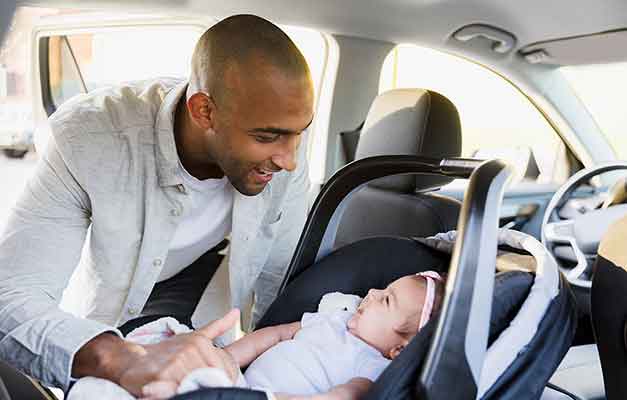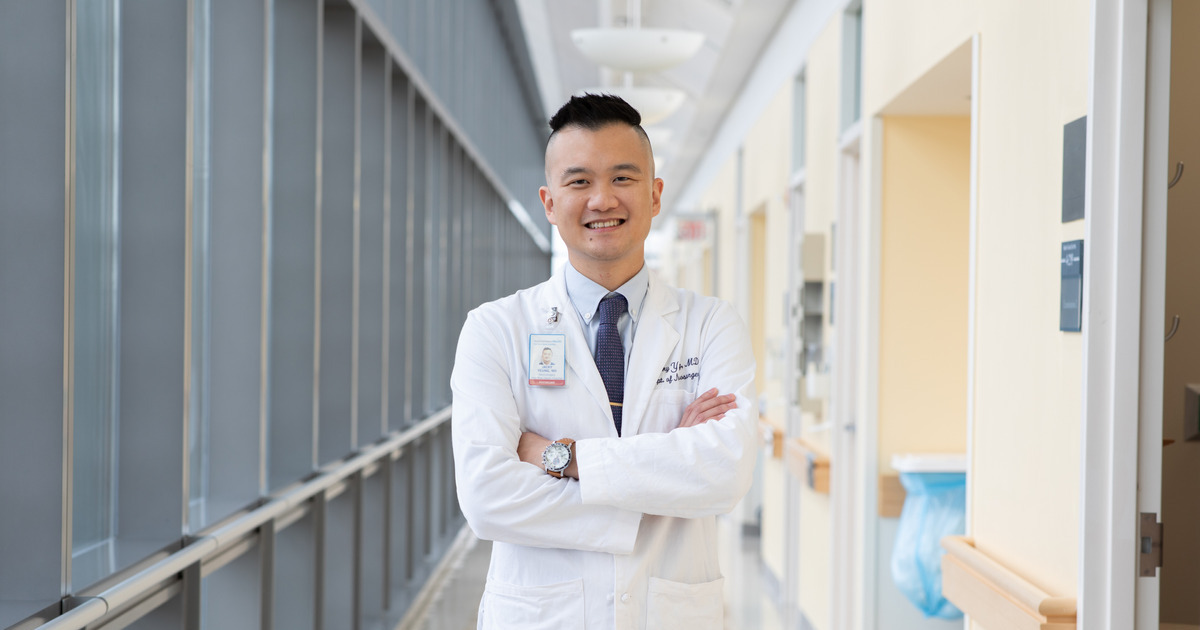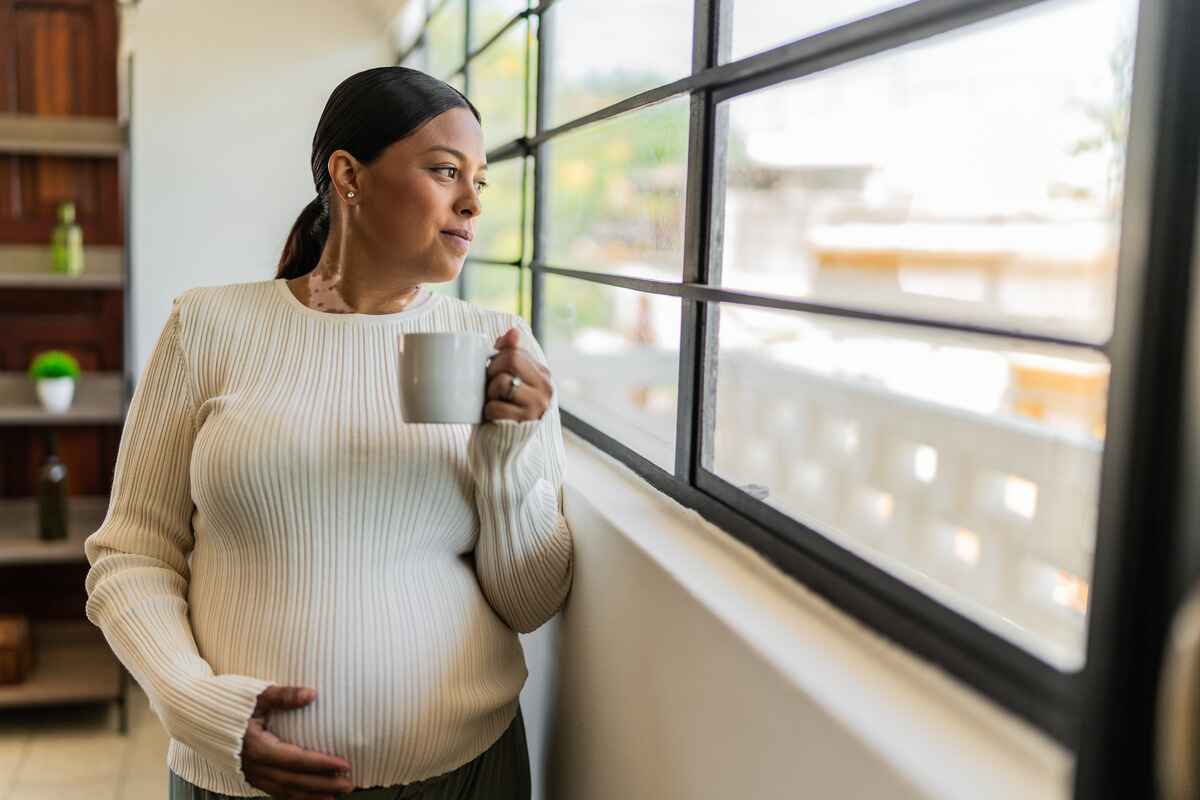Located on the 4th floor of the main hospital, the 24-bed unit of L+M Maternity Services (often called LDRP, for Labor, Delivery, Recovery and Post-partum) has the area’s most respected team of doctors, midwives, nurses and support services, ready to care for women through all stages of their pregnancy.
We have all the essential items needed for your newborn during your hospital stay. This includes a crib, diapers, wipes, breastfeeding equipment (including breast pumps), Similac formula, newborn onesie t-shirts, burp cloths, blankets and bathing supplies.
Room service for food is included for patients and their partner and available from 7 am to 7 pm. Patients may order as often as they would like during these hours of operation and one support person meal is offered up to three times per day during your stay. The cafeteria is located on the second floor off the red elevator and open from 6:30 am to 7 pm. If you might deliver or desire food outside of these hours, please plan accordingly.


.ashx?h=571&iar=0&w=1200&hash=48E76BBA2614D428A79273055F9E8D76)




